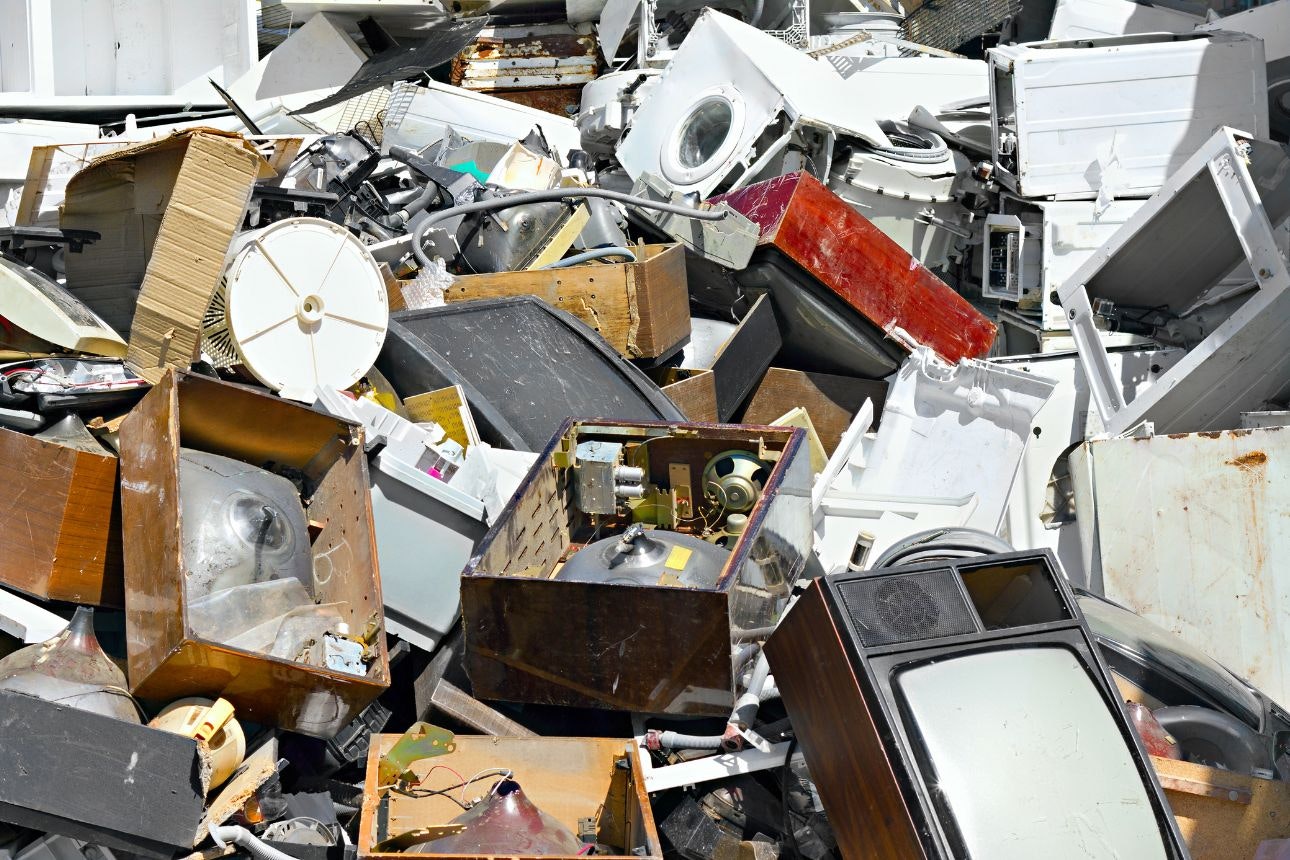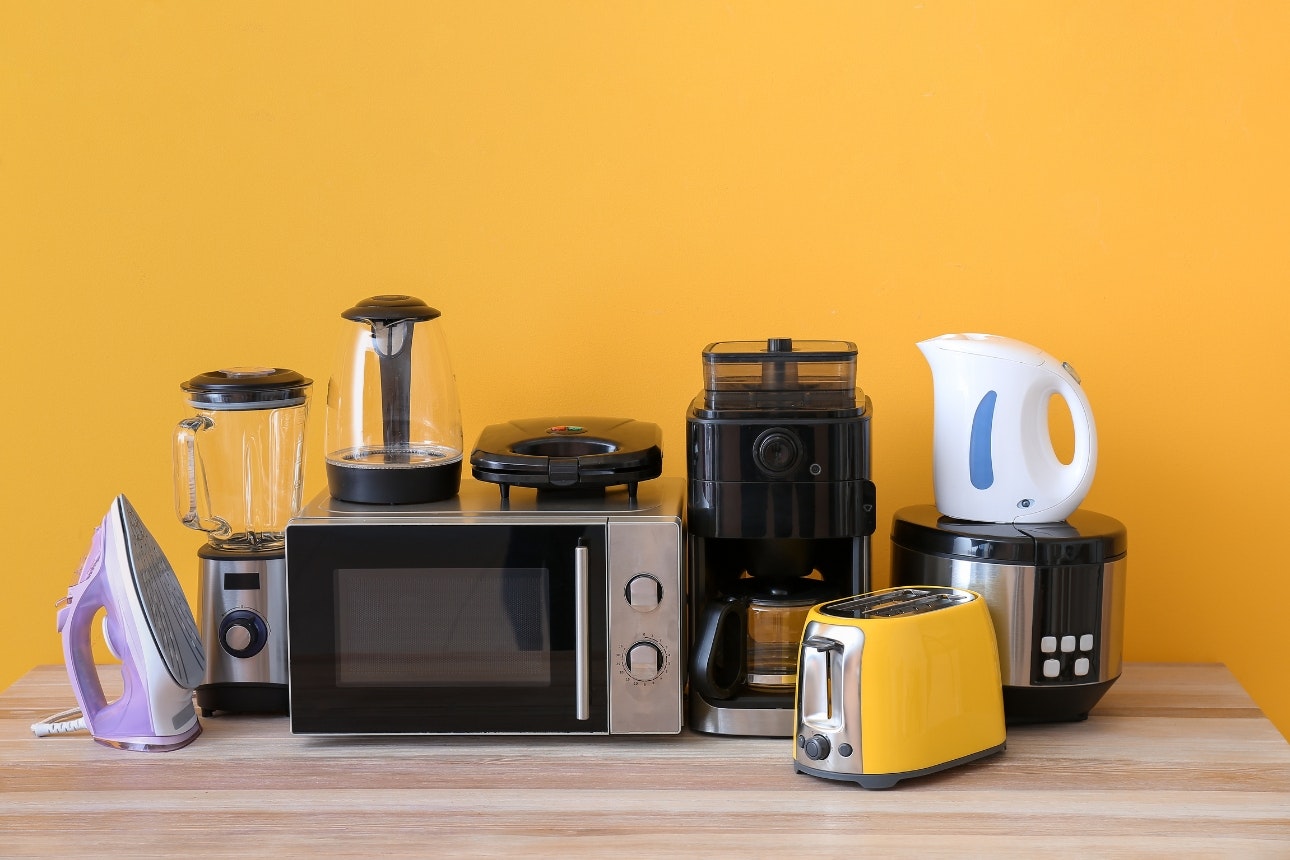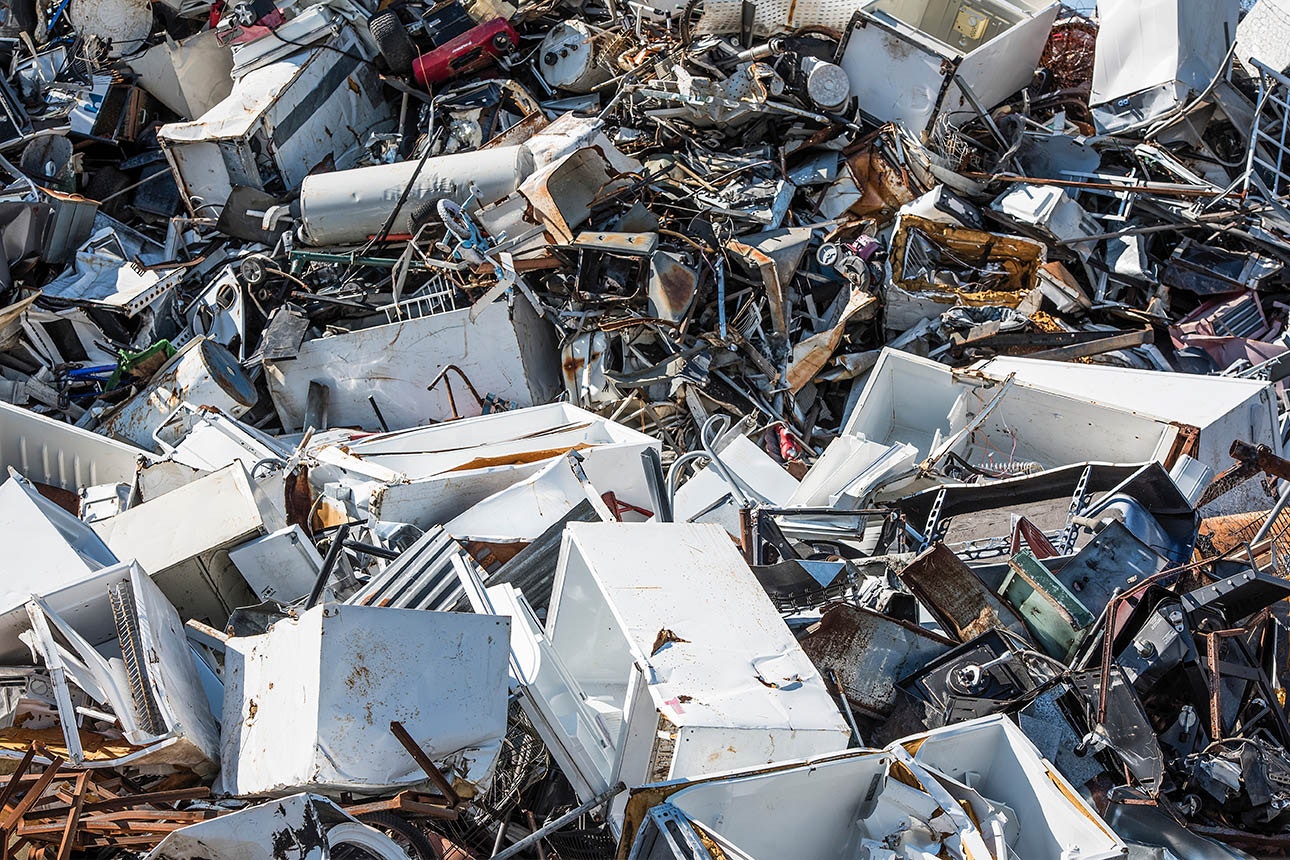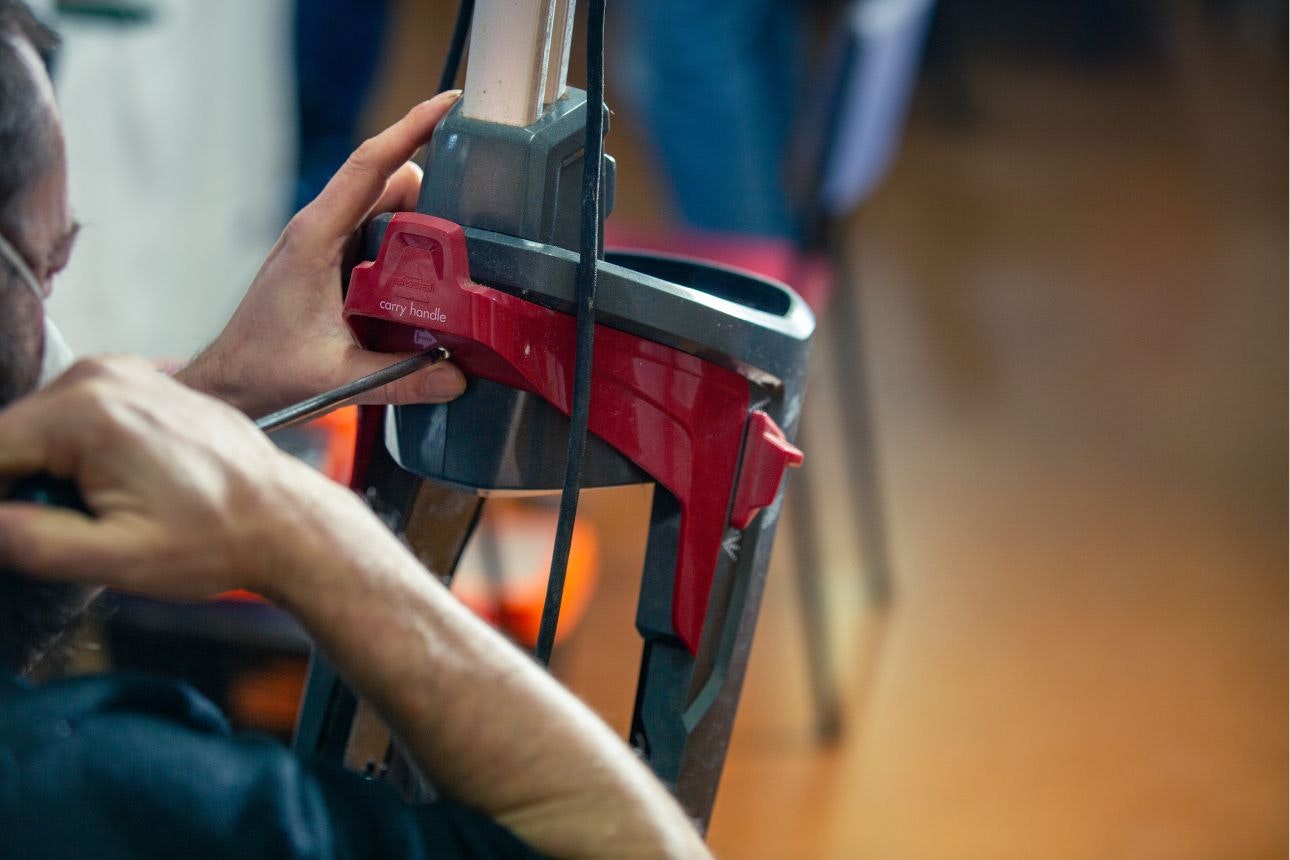
By Kate Harvey
Content Manager | Pou Whakahaere Ihirangi
For Consumer NZ, the day can’t come soon enough when New Zealanders will be able to access spare parts and information on how to repair a product themselves.
So, when some MPs spoke out against the Consumer Guarantees (Right to Repair) Amendment Bill when it was being debated in Parliament, it was a teeth-clenching hour for us.

Consumer NZ chief executive Jon Duffy and consumer advocate Aneleise Gawn speak to our submission in favour of the Consumer Guarantees (Right to Repair) Amendment Bill.
Here’s what some of those MPs said and why we think their arguments don’t stand up.
Dan Bidois (National) said: The right to repair would see manufacturers increase prices to cover costs.
We haven’t seen any evidence of increased prices in countries that have implemented right to repair rules. Ultimately, we think consumers will be saving money because they will likely only be buying a single part to get a product working again rather than a whole new product.
Let’s not forget the cost to the environment of not having this legislation. A few years ago, we put tracking devices in faulty benchtop mixers and returned them to stores, such as Kmart and The Warehouse. Guess where some of these easily repairable mixers ended up. The dump.
Todd Stephenson (ACT) said: It could deter big companies like Apple and Samsung from bringing their products to New Zealand.
Again, New Zealand wouldn’t be the only country putting pressure on manufacturers. These companies are already having to change the way they do things for other customers around the world. We think New Zealanders should also have the right to repair the things they own.
Without this legislation, we think New Zealand will become a dumping ground for poorly designed and low-quality products.
Stephenson also said: Requiring companies to make parts available could deter companies from investing in new technologies.
Repairability and innovation are not mutually exclusive. We think giving consumers the right to repair could actually push manufacturers to build better, longer-lasting products.
We want to push back on any business model that means innovation can only happen when consumers have to throw out products when they stop working and buy the next version.
Hamish Campbell (National) said: “I don’t know the last time you were actually legally allowed to play with 240V here in New Zealand.”
Dr Campbell was talking about repairing a kettle by yourself when he said this. We recognise there are risks involved with repairing certain goods, but there are many low-risk repairs people could do themselves if it were made possible. Repairing your phone’s screen or battery, for example, would be low risk and would not require much technical expertise. At the moment, some manufacturers are gluing devices shut. Others use tamper-resistant screws to make it difficult to open up a device that might otherwise be simple to repair yourself.
In the case of goods that present higher risks, we expect people to be able to take those broken goods and the spare part to a repair person or have a repair expert come to their home.
Think about what happens when something goes wrong with our cars. Those who know how, can repair a car even though it is a complex machine. Those who don’t, take it to a professional mechanic who can access the parts needed.
Any risks could be mitigated by requiring manufacturers to put warnings in their repair manuals.
Campbell also said: “Extending the right to repair to all goods is actually impractical. You can probably think of, I don’t know, a waffle maker from Kmart. It actually is not practical to do it.”
There’s a long process involved in turning a bill into law, and throughout that process, this bill will continue to be debated and refined. At this stage, because the bill is amending the Consumer Guarantees Act, it applies to all goods. We agree this is far too broad.
In our submission, we’ve suggested narrowing the legislation’s scope. Our recommendation is that the law be restricted to particular categories of goods that cost over NZ$50 or NZ$100.
We’d like to see the law applied, in the first instance, to some specific categories of goods, including consumer electronics, household appliances, garden power tools, bikes and scooters. These products contribute to our country’s high rate of waste and are sometimes designed with short lifespans.
But we think having one detail that still needs to be ironed out isn’t enough of a reason to withhold support for this bill.

Sick of wasting money on products you can’t repair?
Learn about our campaign for a right to repair and help us demand a mandatory repairability label.



